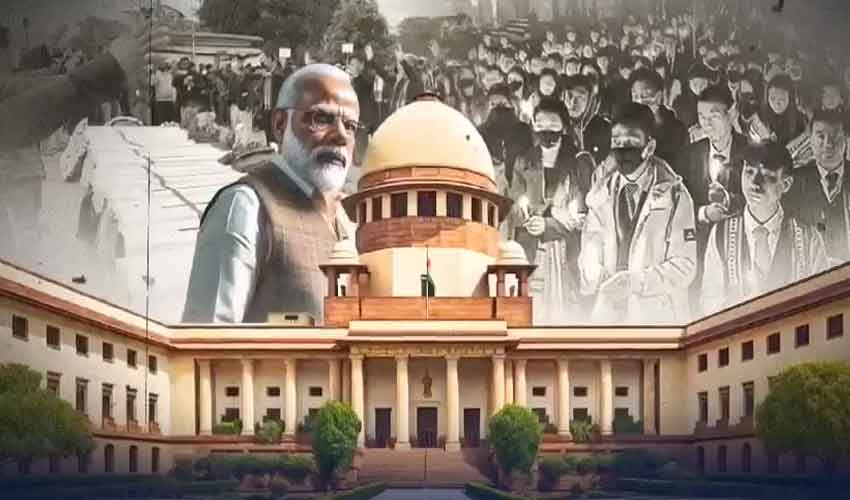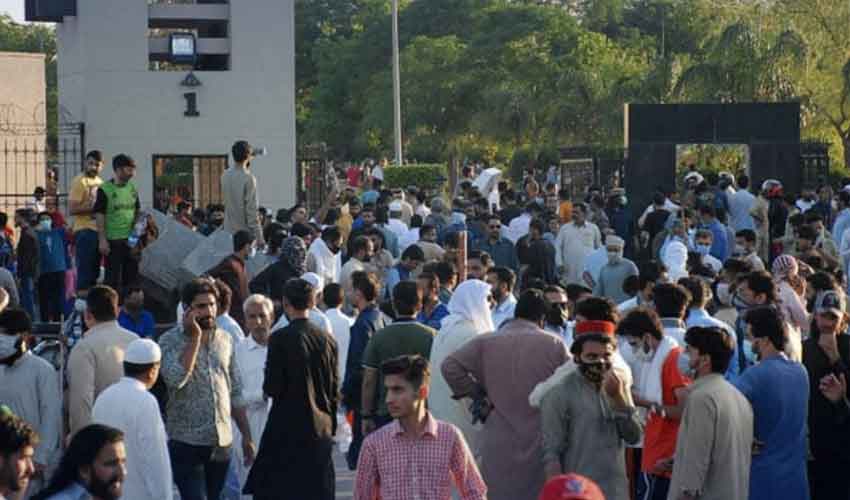The Indian Supreme Court has suspended directives from Uttarakhand and Uttar Pradesh governments requiring food vendors to display identity cards during the Kanwar Yatra festival. This development comes amid a controversy surrounding viral videos allegedly showing food contamination incidents.
Recent social media circulation of videos purportedly showing domestic workers contaminating food preparations prompted state governments to propose stringent legislation. The proposed laws in Uttarakhand and Uttar Pradesh include heavy fines and imprisonment for food contamination offenses, despite lacking substantial evidence.
Investigation into a widely circulated video of a domestic worker allegedly contaminating food revealed that initial social media attributions were incorrect. Opposition leaders and legal experts have questioned the necessity of these laws, suggesting they may be misused for targeted harassment.
Critics, including opposition leaders in both states, argue that the BJP government is using these directives to deflect attention from pressing issues such as unemployment and inflation. Petitioners in the Supreme Court have contended that the identification requirements unfairly target specific communities and negatively impact their businesses.
The controversy escalated when several social media accounts labeled these incidents as "thook jihad" (spit jihad), though subsequent investigations failed to establish any communal connection to verified cases of food contamination.



























